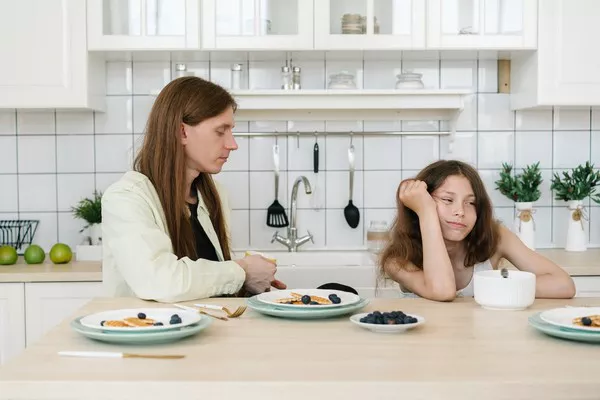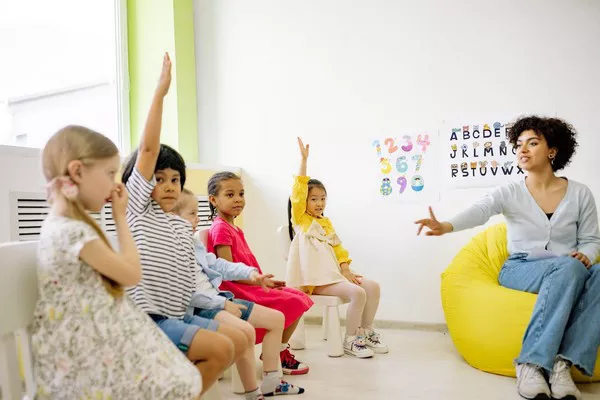Within the dynamic landscape of social media, where trends spanning rice water hair and the 12-3-30 workout capture widespread attention, a more nuanced yet equally crucial dialogue surrounding mental health is quietly gaining momentum. From the emergence of self-proclaimed “Social Media Therapists” to influencers delving into discussions about the so-called “lucky girl syndrome,” the platform is becoming a hub for conversations around mental well-being. Amidst this diversity of voices, it is paramount to distinguish between constructive insights and potentially misleading information. Here, we delve into seven prominent mental health trends circulating on social media, examining their origins, impact, and accuracy.
Letting Intrusive Thoughts Win:
Instagram’s inclination for breaking taboos extends to discussions on “intrusive thoughts.” Videos tagged as “letting intrusive thoughts win” depict users succumbing to impulsive urges. However, these portrayals often oversimplify intrusive thoughts, neglecting the nuanced nature of conditions like obsessive-compulsive disorder (OCD). In reality, intrusive thoughts are persistent obsessions linked to anxiety disorders, requiring therapeutic intervention rather than trivialization.
The Self-Diagnosing Phenomenon:
While Instagram’s POV videos foster solidarity among those navigating mental health challenges, they also contribute to widespread self-diagnoses. With an alarming 84% of mental health videos deemed misleading, concerns grow over users diagnosing themselves based on distorted portrayals of conditions like dissociative identity disorder and bipolar disorder. This trend, fueled by misinterpretations, risks trivializing genuine mental health struggles and underscores the importance of seeking professional diagnoses.
Lucky Girl Syndrome:
The emergence of “lucky girl syndrome” exemplifies social media’s fascination with positive affirmations and manifestation. Advocates believe that positive thinking manifests positive outcomes, attributing fortunate events to a mindset of luck. While proponents tout its benefits, skeptics caution against overlooking the role of coincidence and the limitations of positive thinking alone. This trend reflects social media’s influence in shaping narratives around mental well-being.
Digital Detox:
In response to digital overwhelm, social media influencers advocate for a “digital detox” – intentionally reducing screen time to alleviate anxiety and enhance productivity. As users share tips for disconnecting, scientific evidence supports the benefits of such practices, emphasizing improved focus and sleep quality. This trend highlights social media’s role in promoting holistic approaches to mental wellness, resonating with those seeking respite from digital saturation.
Hot Girl Walk:
Dubbed the “hot girl walk,” this trend celebrates the mental and physical benefits of daily walks, framing self-care as an empowering act. By redefining mundane activities as affirmations of personal well-being, influencers champion the transformative power of routine and movement. In an era of heightened self-awareness, this trend challenges conventional notions of beauty and wellness, prioritizing holistic health over superficial ideals.
Stupid Mental Health:
In a tongue-in-cheek acknowledgment of the complexities of self-care, social media influencers embrace the “stupid mental health” trend, humorously acknowledging the challenges of prioritizing well-being. Through candid depictions of mundane self-care rituals, users confront the stigma surrounding mental health struggles, fostering a sense of solidarity and levity amidst adversity. This trend normalizes the pursuit of mental wellness, encouraging self-compassion and resilience in the face of everyday challenges.


























